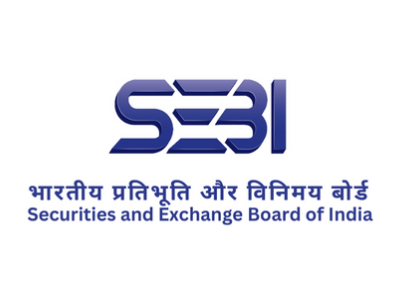Listen to this article
SEBI Whole Time Member Ananth Narayan G has recommended the AIF industry to move towards an accredited investor regime to reduce the regulatory load. Accredited investor regime implies AIFs can receive money only from accredited investor.
SEBI believes that accredited investors have a better understanding of risks and returns associated with financial products.
Ananth said this at the CII Alternate Investment Summit 2024 held in Mumbai.
The WTM also said that one cannot expect light-touch regulations in AIFs in absence of an accredited investor regime.
Ananth said this in response to a request from the industry to go easy with respect to investor protection. The SEBI WTM reminded that SEBI’s primary goal is investor protection and hence, it can never compromise on it.
While addressing the issue of cost related to accredited investors, Ananth said that the cost will decrease with increase in accredited investors.
While calling the valuation of an untraded or illiquid asset an art, he also addressed the need for checks and balances for valuation of such securities by fund managers to avoid any possible conflict of interest and ‘valuation shopping’. He added that disclosures about assumptions made while doing such valuations are crucial as they indicate the range of uncertainty.
Ananth also said that there is need for accountability of such valuations and emphasized the importance of a healthy, respected and credible valuation system.
Registration of managers
The SEBI WTM shared that the regulator is also considering a registration of composite managers for funds like many global jurisdictions. He explained that this would demarcate manager level responsibilities and fund level responsibilities. A composite manager can approve the PPMs of various funds. Once PPM is approved, it will not be duplicated at the fund level, thereby increasing the efficiency along with the necessary checks and balances.
Role of technology
Ananth said that the widespread use of demat accounts for both assets and liability is an achievement. He also expressed SEBI’s intention to allow AIF investments in non-demat format. The regulator will allow such investments as long as the application has been made after ensuring the necessary checks and balances.
He also shared that SEBI is training an in-house Large Language Model (LLM) to process PPMs so that processing time can be reduced.
Circumvention of regulations
Ananth also expressed concerns over circumventions of Non-Performing Asset (NPA), Foreign Exchange Management Act (FEMA), Securitisation and Reconstruction of Financial Assets and Enforcement of Security Interest Act (SARFAESI) and Foreign Portfolio Investment (FPI) regulations, which have made more than 20% of drawdowns in AIFs questionable. He said that SEBI has issued a list of do’s and don’ts to reduce such circumventions.








